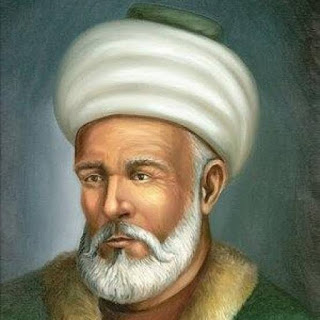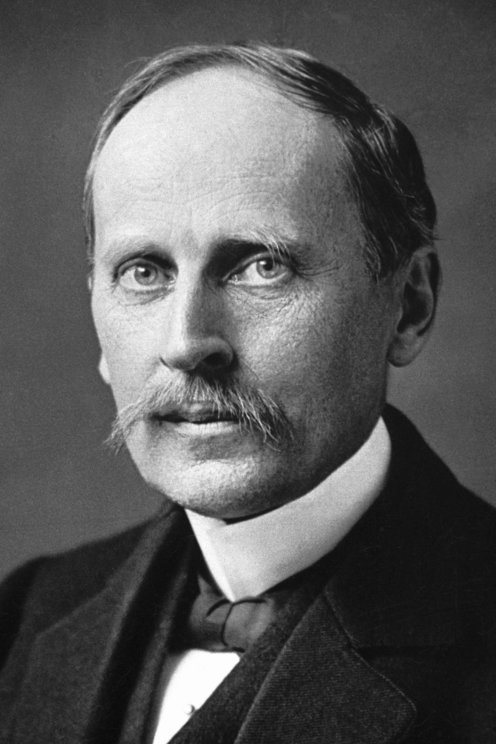The famous river Sir-Darya flows through Turkey and flows into the Arabian Sea. The city of Farab is located at the confluence of the Aris River with this river. After the destruction of Genghis Khan, the city of Farab was destroyed. Once upon a time, this Farab was the birthplace of world-famous scholars and philosophers. Abu Nasr Muhammad al-Farabi was born in the mid-70s in the city of Farab, the center of Turkish civilization. His childhood was spent in Farab. Here he received his education and held the post of Qazi in Bukhara for some time. His indomitable desire for knowledge forced him to relinquish his position as Qazi and move to Baghdad, the center of knowledge and science at that time, in order to acquire more knowledge.
Here he mastered the Arabic language and mastered the Greek language. Abu Bisr then studied Aristotle's philosophy and logic with the eminent teacher Mitah Ibn Eunuch. He wrote a summary of philosophy in about seventy notes. He learned Arabic language and grammar from Abu Bakr Ibn Rasaraj, a famous linguist and grammarian. According to the teachings of the time, al-Farabi acquired a deep knowledge of mathematics, astrology, physics, chemistry, and medicine from famous scholars. He even studied musicology. Although al-Farabi is an omniscient scholar, he is immortalized as one of the best philosophers. He spent some time in the religious education center of the Sedans, called the Harbans of Persia, and learned their language, philosophy, and astronomy. Al-Farabi spent forty long years in Baghdad, the heart of the pursuit of knowledge. During this time he concentrated on Aristotle's extensive commentary on logic and philosophy and wrote several basic treatises on philosophy.
During his forty years in Baghdad, about six caliphs appeared. Frequent changes in rulers have caused state disturbances and this silent scripturalist has to face many difficulties.
This forced him to leave the city of Baghdad for the pursuit of knowledge. He left Baghdad and stayed in his native Turkey for some time. During this time, al-Farabi wrote the book Al-Talim al-Sani on the orders of the local ruler Ali Saman. It is worth mentioning here that in the affluent society of the East, Aristotle is known as ‘Muallim Awal’ meaning the first guru, and Al-Farabi is known as ‘Muallim Sunny’ meaning the second guru. For this reason, Al-Farabi's book has been named Al-Sani. Al-Farabi later left Turkey for Damascus, Syria. There he received the favor of the ruler Akshid Tatar. From there Farabi went to Egypt. After staying there for a few years, he returned to Aleppo, Syria. In 945, Amir Saif Uddoula defeated the Syrian ruler and established the capital at Aleppo. In a very short time, Aleppo became the center of knowledge science.
When Amir al-Farabi expressed his desire to be given a place in his court, he refused and asked for a daily allowance of only four silver dirhams and a secluded peaceful house. His little request was granted and he engaged in enlightenment. In 950, Emir Saifuddaula invaded Damascus and took al-Farabi with him. Al-Farabi wrote more than a hundred books on philosophy, science, medicine, linguistics, music, etc. Twenty of them exist. His invaluable books have been translated into various languages of the East and the West. He is one of the best philosophers in the world.
He was a polyglot. Al-Farabi was the first of the Muslim philosophers. Then the names of Ibn Sina and Ibn Rushd are mentioned. Farabi's commentary on Plato and Aristotle is significant - hence his influence on later philosophers. He is the author of the first encyclopedia of Islam and the father of Muslim logic.
In his discussion of Islamic theology, he gives detailed explanations of religious revelation, tasbeeh, risalat, Jannat-dojakh, al-lohe kalam, arsh-Qureshi, taqdir, taqlid, etc., while comparing religion with philosophy. Al-Farabi thinks about the socialism of Islam. For this reason, he is called the guide of Ibn Khaldun, the best historian, and philosopher of the East. Al-Farabi had a keen interest in politics and as one he was a pioneer of politics among the Arab nations. Farabi did a lot of research on political science and gave new interpretations of political science in the light of his own experience. His interpretation differs from Plato's analysis. Thousands of years ago, he was the first to imagine a united world in a state bond. His books on political science ‘Siyasatul Madania’, ‘Agrawal Ahlil’, ‘Madinatul-Fazilah’, ‘Jawaminus Siasat’ and ‘Ijtimaumadania’ still exist as basic texts. His views on imperialism: ‘Some nations want to impose state authority on other nations and thus make their lives safer, happier and more prosperous. Because of this, the strong states are always eager to swallow the weak states.
The imperialist state exerts such political, cultural, and religious domination over another state that the conquered nation is forced to accept inferiority. The imperialist state has always considered other states as enemies, forcing them to engage in constant warfare. His views on the ruler of the state: if one omnipotent ruler does not match and if the ideal qualities of the ruler are in more than one person,
Then they all have the power to run the joint rule of the Islamic State. This policy of Farabi gives full support to the governance of the present cabinet. He further said that if at any time it is seen that there is no place for philosophy in the state, then there will be a lack of an ideal ruler of the state in spite of other good governance. A temporary statesman cannot be a just ruler and the decline of the state is inevitable. Then if there is no wise philosopher to cooperate with the ruler, then after some time the state will fall. Although he did not contribute as much as his disciple Ibn Sina in medicine, his book Al-Madinat-al-Fazilah is a book worth mentioning in medicine.
His invaluable message is still well known: the success of a tree is like fruit-bearing, the success of such moral qualities is in absolute peace. Therefore, the only way to attain ultimate and absolute peace is to constantly revive. In the middle of the tenth century, Abu Nasr Muhammad al-Farabi, a small figure of calm nature, with small eyes and a few beards, was one of the best philosophers in the history of Islam. His fame is known to all. He is al-Farabi, the second teacher of Oriental philosophy. This great philosopher died in Damascus, Syria in 950 AD. Al-Farabi's body was buried with special pomp in the Bab al-Sagir area of Damascus next to the tomb of Hazrat Amir Muawiyah, the founder of the Umayyad dynasty. Lots of people have been gathering at this cemetery for ages. : !! ►►







0 Comments